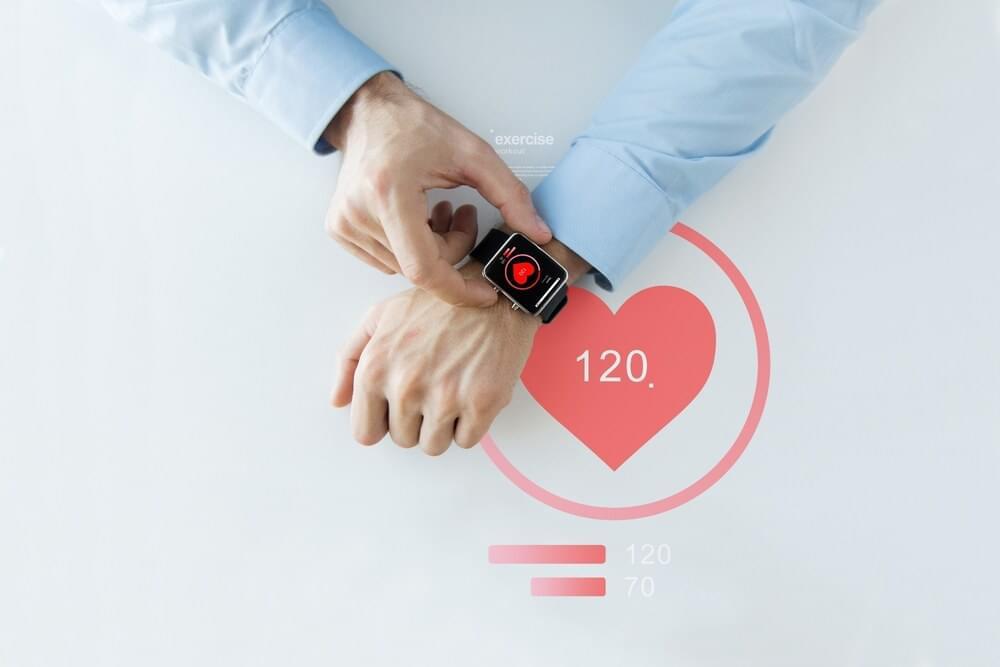File this under ‘That’s not supposed to happen!’: Scientists observed a metal healing itself, something never seen before. If this process can be fully understood and controlled, we could be at the start of a whole new era of engineering.
A team from Sandia National Laboratories and Texas A&M University was testing the resilience of the metal, using a specialized transmission electron microscope technique to pull the ends of the metal 200 times every second. They then observed the self-healing at ultra-small scales in a 40-nanometer-thick piece of platinum suspended in a vacuum.
Cracks caused by the kind of strain described above are known as fatigue damage: repeated stress and motion that causes microscopic breaks, eventually causing machines or structures to break. Amazingly, after about 40 minutes of observation, the crack in the platinum started to fuse back together and mend itself before starting again in a different direction.








